
New Course 2014!

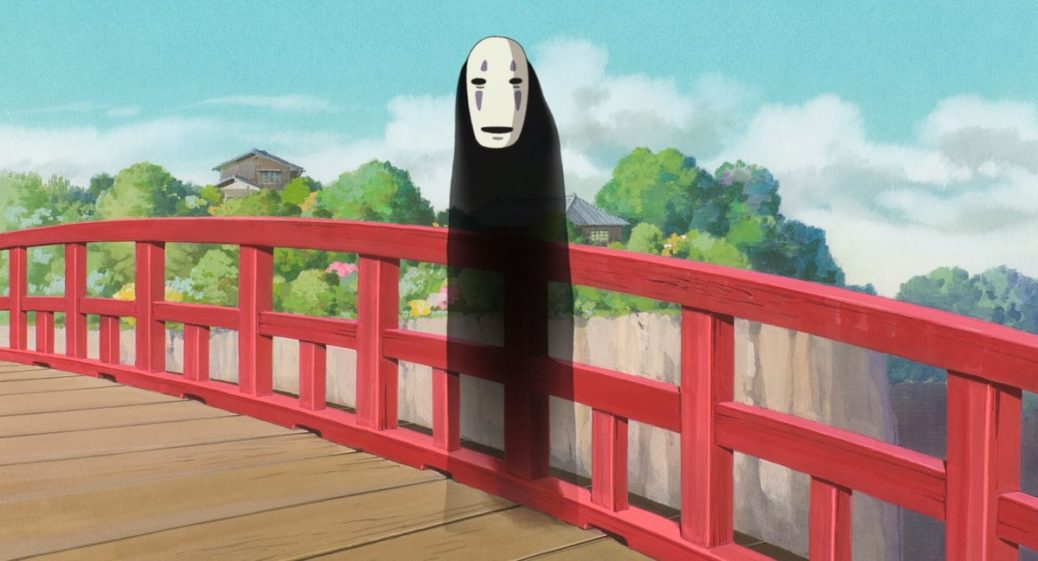
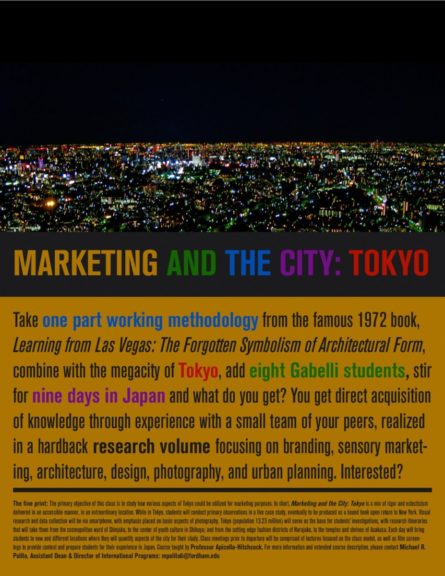
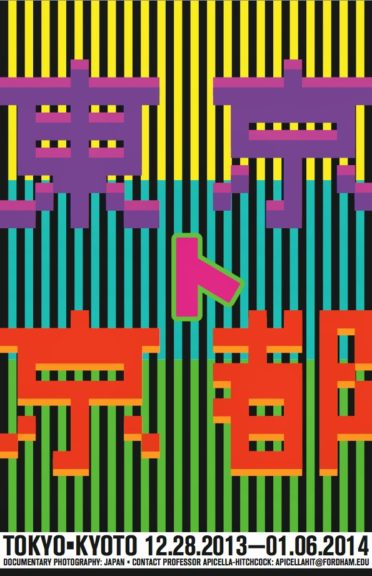

Documentary Photography: Japan 2012–2013
By Sam Anacker, Adam Hemmert, Hyun Woo Kim, Jaclyn Krakowski, Amanda Mainguy, Andrew Scherer. Edited by Stephan Apicella-Hitchcock
Documentary Photography: Japan 2012–2013 is the final culmination of the 2012–2013 course “Documentary Photography: Japan” offered by Stephan Apicella-Hitchcock through the Department of Theatre and Visual Arts at Fordham University.
The book is 138 pages, 10×8 inches (25×20 cm), with four-color printing and can be ordered in softcover, or hardback in a range of paper grades. Preview the entire book here.
The course description is as follows:
This intensive class is designed as a platform for intermediate and advanced level students to further develop their photographic production with an emphasis on generating documentary projects focusing on the people, culture, and architecture of Japan.
The megacity of Tokyo will serve as the starting point for our investigations, with image making itineraries that will take us from the cosmopolitan ward of Shinjuku, to the center of youth culture in Shibuya; and from the cutting edge fashion districts of Harajuku, to the temples and shrines of Asakusa. Concurrent with our photographic explorations we will examine contemporary exhibitions in venues such as the Tokyo Metropolitan Museum of Photography in Ebisu, as well as view the ancient collections housed in Japan’s oldest and largest museum, the Tokyo National Museum in Ueno.
Traveling by Shinkansen bullet train at 300 km/h (186 mph), we will make our way south to Kyoto, the nexus of traditional Japanese culture and history with approximately two thousand temples, shrines, and gardens that we can utilize as both the catalyst and stage for our photography. The extraordinary wealth of visual stimuli we will experience in Japan over ten days will certainly inspire, as well as function as the backdrop against which to critically discuss the strategies that photographers employ in communicating their interests.
For further information please contact: Stephan Apicella-Hitchcock apicellahit@fordham.edu

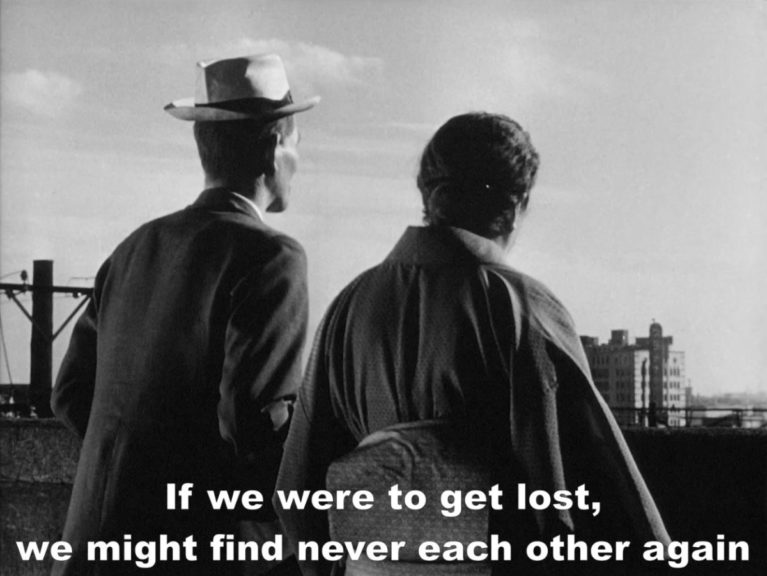
Yasujiro Ozu’s Tokyo Story (Tokyo Monogatari) follows an aging couple, Tomi and Sukichi, on their journey from their rural village to visit their two married children in bustling, postwar Tokyo. Their reception is disappointing: too busy to entertain them, their children send them off to a health spa. After Tomi falls ill she and Sukichi return home, while the children, grief-stricken, hasten to be with her. From a simple tale unfolds one of the greatest of all Japanese films. Starring Ozu regulars Chishu Ryu and Setsuko Hara, the film reprises one of the director’s favorite themes—that of generational conflict—in a way that is quintessentially Japanese and yet so universal in its appeal that it continues to resonate as one of cinema’s greatest masterpieces.
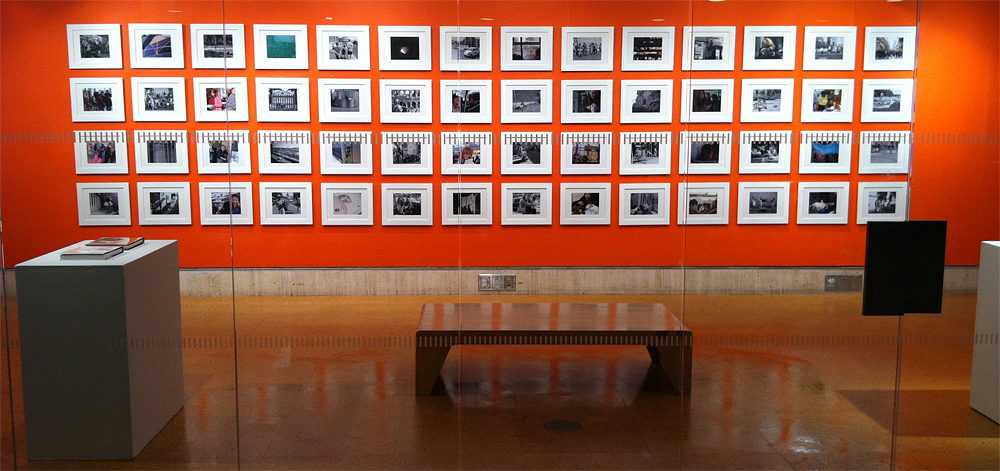
The Center Gallery
Fordham University at Lincoln Center
November 12 – December 14, 2012
Reception November 28, 2012, 6-8 PM
An exhibition sampling photographs from participants in the 2012 Documentary Photography: Italy & the 2011-2012 Documentary Photography: Japan program, as well as a book release for both programs:
The Books:
R, Edited by Stephan Apicella-Hitchcock & Joseph Lawton
六人のニューヨークの写真家が日本にいます (Six New York Photographers in Japan), Edited by Stephan Apicella-Hitchcock
Participants in the program and exhibition:
Italy: Tessa Abrahams, Corina Aparicio, Emily Atwood, Massiel Garcia, Cecilia Iliesiu, Jaclyn Krakowski, Donovan Longo, Joseph Mottola, Catherine Murphy, Michael, Raganella, Jacqueline Tozzi, Aubrey Vollrath, Jessica Wendroff, Xuan Zheng
Japan: Kirstie Carrizales, Melanie Chamberlain, Diana Iacono, Katie Mavrovitis, Teresa Salinas, Rebecca Zoltowski
Excerpted Description of Documentary Photography: Italy
The cosmopolitan city of Rome, rich with artistic history, served as the source for our photographic explorations, as well as the catalyst for discussions addressing the historical significance of the documentary impulse. Our studies and production brought us from exhibitions in progressive contemporary art galleries, to the ancient architecture of the Colosseum as we utilized the wealth of visual stimuli as a resource, as well as a backdrop against which to critically discuss the strategies that documentarians utilize in communicating their interests.
Excerpted Description of Documentary Photography: Japan
The megacity of Tokyo will serve as the starting point for our investigations, with image making itineraries that will take us from the cosmopolitan ward of Shinjuku, to the center of youth culture in Shibuya; and from the cutting edge fashion districts of Harajuku, to the temples and shrines of Asakusa. Concurrent with our photographic explorations we will examine contemporary exhibitions in venues such as the Tokyo Metropolitan Museum of Photography in Ebisu, as well as view the ancient collections housed in Japan’s oldest and largest museum, the Tokyo National Museum in Ueno.
For further information please contact: Stephan Apicella-Hitchcock: apicellahit@fordham.edu
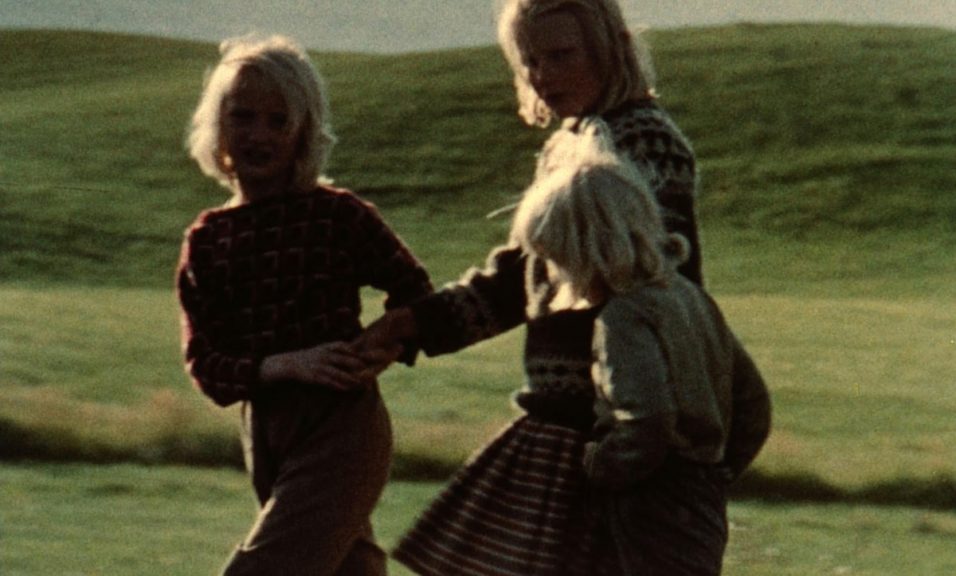
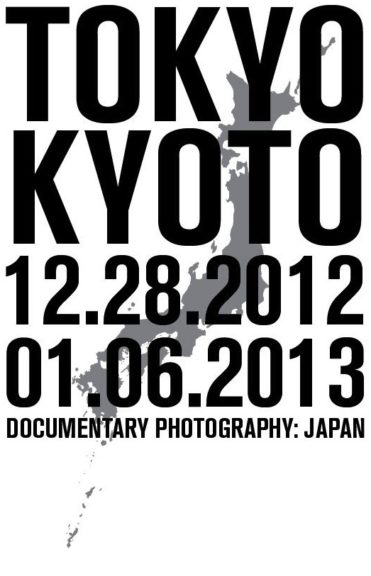
Traveling by Shinkansen bullet train at 300 km/h (186 mph), we will make our way south to Kyoto, the nexus of traditional Japanese culture and history with approximately two thousand temples, shrines, and gardens that we can utilize as both the catalyst and stage for our photography. The extraordinary wealth of visual stimuli we will experience in Japan over ten days will certainly inspire, as well as function as the backdrop against which to critically discuss the strategies that photographers employ in communicating their interests.
The course will conclude in New York City during the spring semester where participants will work together with the instructor to edit, design, and produce a professional quality book of their photographic projects, including essays detailing the richness of their experience abroad. Prior to traveling to Japan there will be relevant readings and film screenings to serve as preliminary introductions to aspects of Japanese culture. Japanese language skills are not a prerequisite; however, prior completion of Photography One (VART 1124), or Digital Photography (VART 1128) is essential. Class meeting times are demanding and participation in the course necessitates a healthy attitude towards exceptional amounts of walking.
The latest 2011-2012 book:
http://www.blurb.com/
The 2010-2011 book:
http://www.blurb.com/
VART 3001 – Documentary Photography: Japan
Dates: 12/27/2012 – 01/06/2013
Credits: 4
For more information, please contact Professor Apicella-Hitchcock at apicellahit@fordham.edu